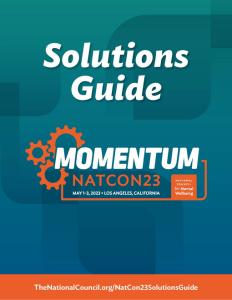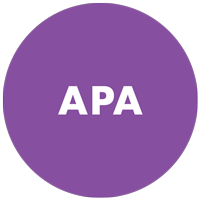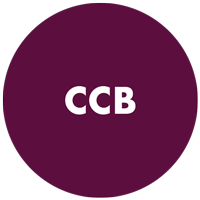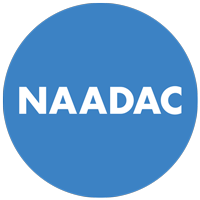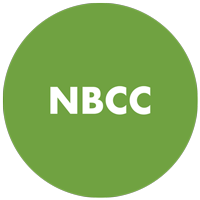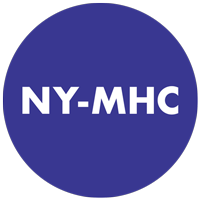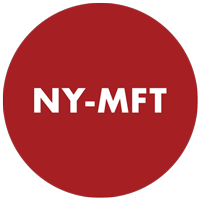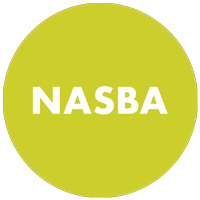Back
Integrated Care
A10 - Financing Integrated Care
Monday, May 1, 2023
10:30 AM – 11:30 AM
Location: 511 ABC, Level 2, LACC
None of the planners/faculty, unless otherwise noted, for this educational activity have relevant financial relationship(s) to disclose with ineligible companies whose primary business is producing, marketing, selling, re-selling, or distributing healthcare products used by or on patients.
Relias, LLC and National Council for Mental Wellbeing guarantee this educational conference is free from bias.
Relias, LLC and National Council for Mental Wellbeing guarantee this educational conference is free from bias.

Alicia Kirley, MBA
Senior Director
National Council for Mental Wellbeing
Odenton, Maryland
Virna Little, PsyD, LCSWr
Co-Founder, Chief Clinical Officer
Concert Health
moore, South Carolina- XR
Moderator(s)
Workshop Presenter(s)
This overview of the National Council's new integrated care billing tools, a premier series of resources, will equip provider organizations with concrete guidance to help optimize billing across the following four categories of integrated service delivery: medication for opioid use disorder (MOUD), screening, care coordination and metabolic monitoring. These resources include a new Excel-based Decision Support Tool (DST) that empowers providers to estimate Medicare and Medicaid revenue across integrated care services to help promote efficient delivery of services in community mental health, substance use treatment and primary care provider organizations.
*NASBA Knowledge Level: Basic
Prerequisites: None
Advanced Preparation: None
*NASBA Knowledge Level: Basic
Prerequisites: None
Advanced Preparation: None
Learning Objectives:
- Describe the need and rationale for comprehensive integrated care financing tools.
- Explore new tools available to support providers interested in advancing integrated physical and behavioral health care.
- Recognize the range of billing codes available to support integrated care services.
- Use the DST to assess revenue for current and future integrated care services
- Estimate potential revenue using the DST for two specific types of integrated care: (1) MOUD and (2) behavioral health screening, referral and brief interventions

.png)
